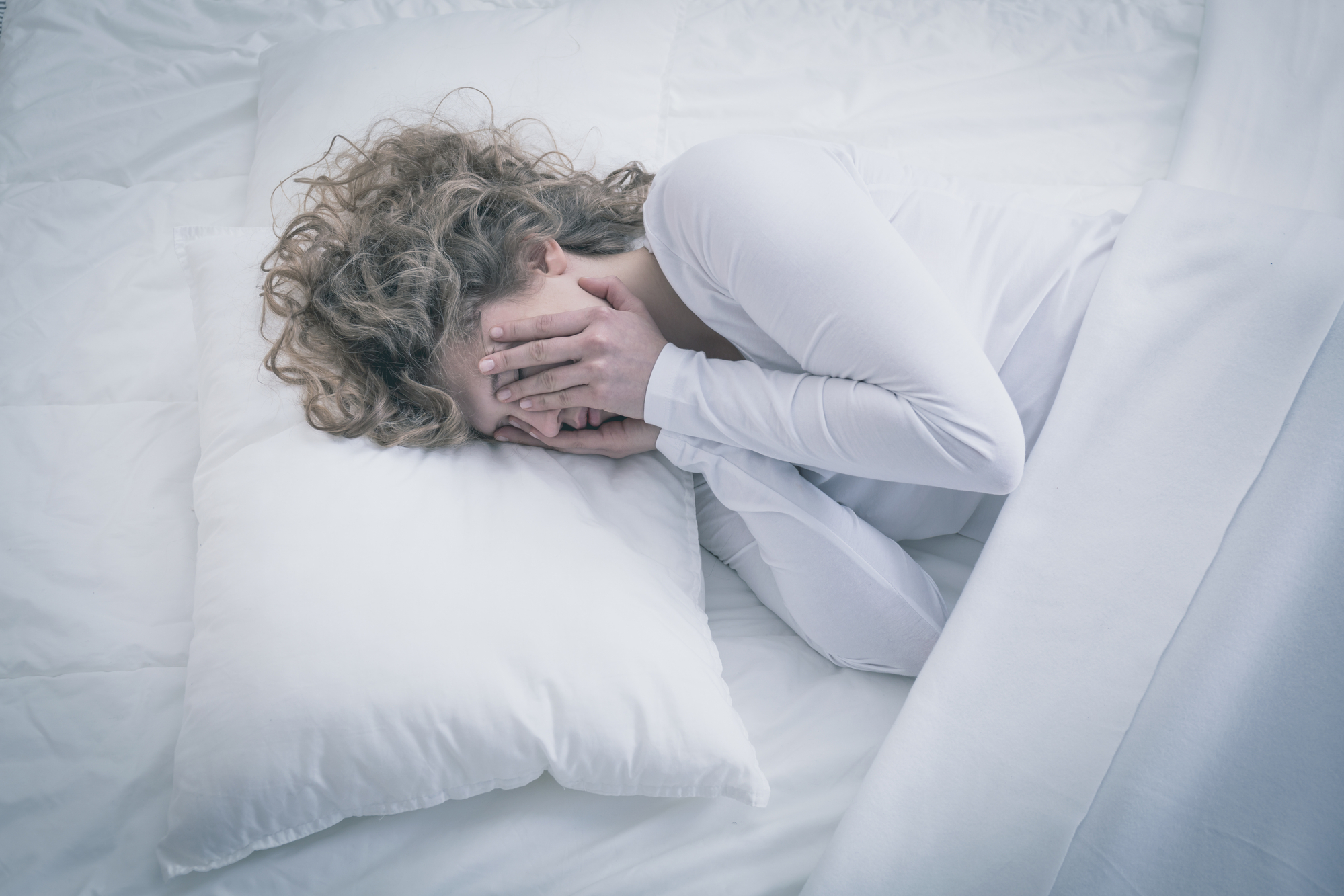
Are you ready to finally have a good night’s rest? Should you make an appointment with a sleep doctor or a sleep dentist? If you believe that you or a loved one suffer from a sleep-related disorder (such as obstructive sleep apnea), you may not understand which medical professional to visit for help. Here are three factors to consider when understanding the difference between a sleep doctor and a sleep dentist:
Focus
Before visiting a sleep doctor or sleep dentist, speak with your primary healthcare provider if you:
- Snore, gasp for air, or stop breathing while you sleep
- Feel tired or lethargic during the day (even if you’ve slept the night before)
- Can’t perform daily activities because you feel tired
- Have difficulty falling asleep or staying asleep throughout the night
Which medical professional can help you evaluate the situation? A sleep doctor can diagnose and help patients manage the following:
- Sleep apnea
- Restless leg syndrome (RLS)
- Insomnia
In contrast, if the general or sleep doctor suspects that you have obstructive sleep apnea (OSA), they may recommend you to a sleep dentist. Obstructive sleep apnea happens when excess throat tissue blocks the airway and causes people to start and stop breathing during sleep repeatedly. According to the Journal of Thoracic Disease, OSA affects, on average, 22% of men and 17% of women–which makes it the most common sleep-related breathing disorder. Certain risk factors, including gender (male), age, and weight, can increase the chances of developing obstructive sleep apnea.
Education
The American Board of Medical Specialities (AMBS) offers certification in many areas, including sleep medicine. Many different types of doctors become certified as sleep medicine specialists, including:
- Pediatricians
- Primary care doctors
- Neurologists
Conversely, sleep dentists are general dentists that specialize in oral appliance therapy. To receive accreditation, they must complete additional coursework and pass an exam that proves that they are qualified professionals that can practice sleep dentistry.
Diagnosis and Treatment
Sleep doctors and dentists typically start with an at-home sleep study to diagnose and screen sleep disorders.
Sleep dentists fabricate custom-fitted oral appliances, which are more tolerable, conservative, and convenient than other obstructive sleep apnea treatments. Sleep dentists are also responsible for:
- Providing and monitoring oral appliance therapy
- Monitoring and treating potential side effects of oral appliance therapy
- Following up with the patient
- Referring to a sleep doctor (if necessary)
If you visit a sleep doctor first, they may refer you to a sleep dentist if they suspect OSA. Often, sleep doctors will recommend oral appliance therapy provided by a sleep dentist. If oral appliance therapy is not suitable for the patient, the sleep doctor may recommend a CPAP (continuous positive airway pressure) machine. A CPAP machine uses a mask that covers the entire face or nose piece and a hose to blow air so that the airway does not collapse and cause the blockage related to OSA.
Should you visit a sleep doctor or sleep dentist?
If you are like many Americans and suspect that you are suffering from obstructive sleep apnea, visiting a sleep dentist is an excellent first step in treating this serious condition. Primary physicians, sleep doctors, and sleep dentists often work together to give patients a better night of sleep. Dr. Timothy E. Mickiewicz is a double-board certified sleep dentist in the Sacramento, CA area with decades of experience diagnosing and treating sleep disorders.
Begin your journey to better sleep by scheduling an appointment with us. Call (916) 469-9178 or contact us online at your earliest convenience.


